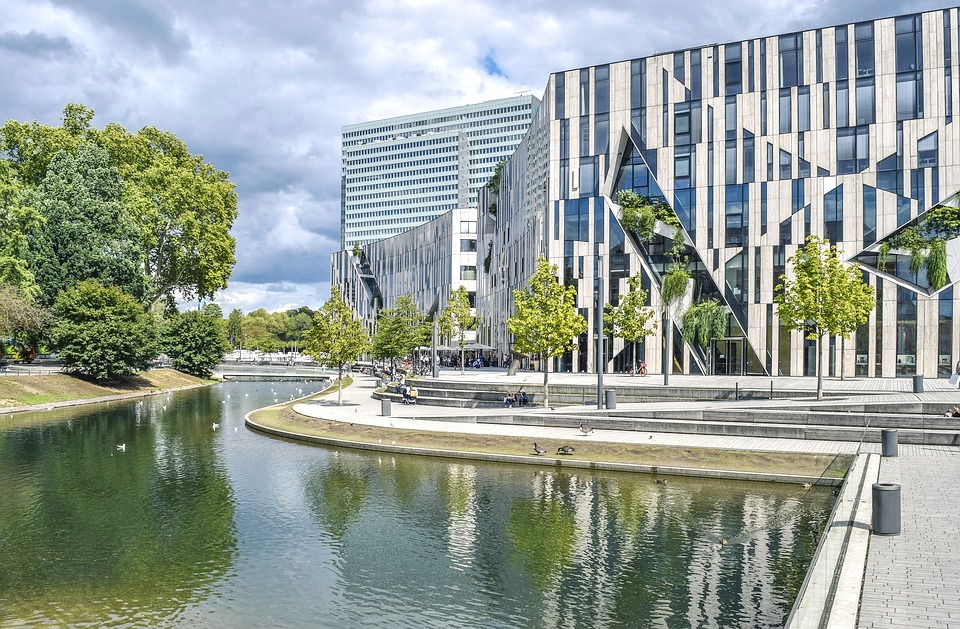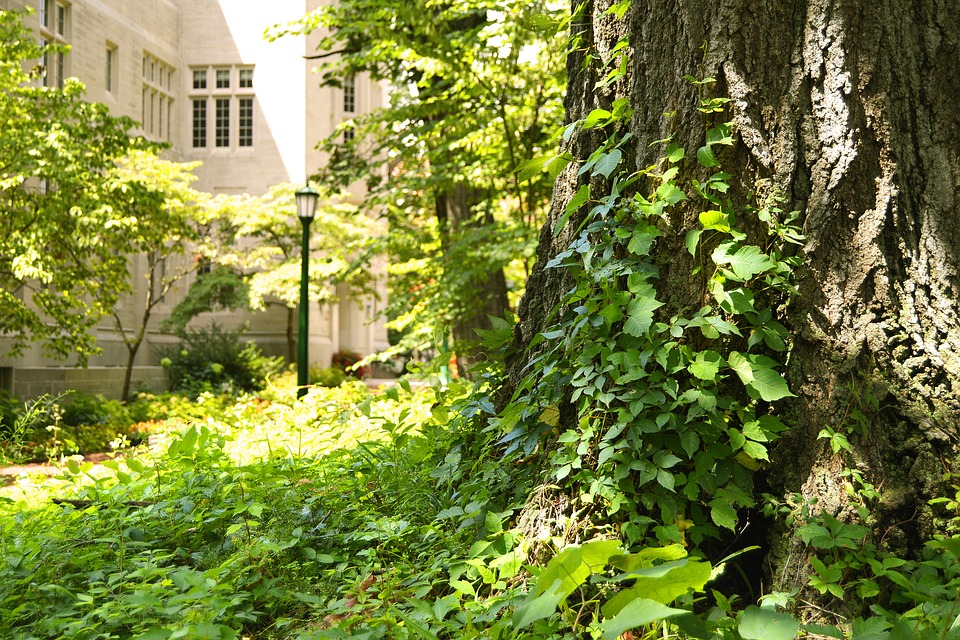
Caring about the environment is something we all need to do. It's a matter that concerns everyone on the planet, and there are no exceptions. In order for us to make an impactful change, there needs to be more concrete action on all the micro-levels of our lives. If we turn our ideas into practical actions, we can achieve something great and change things for the better. That's why you, as a student, need to think about contributing to transforming your college campus.
Turning your campus into a green one is far from impossible and is doable with just a bit of positive energy and enthusiasm.
Here’s how you can help your university transform into a green campus.
Form or Join the Eco Club
When you’re planning some serious changes, it’s always a great idea to surround yourself with people who feel the same way.
If your university already has an eco-club, join it. If not, think about forming it with your fellow peers and students interested in preserving the environment. You can work with Elk Grove tree professionals in order to choose topics for your club and find ways how you can contribute to the community.
With all of you in the same place, you’ll be ready to:
- share ideas
- exchange advice
- organize actions
- inspire and motivate one another
- spread awareness about the importance of going green
Find people who want to contribute and join forces to start making changes.
Less Paper
The paper industry has a significant impact on the environment. The more paper we use, the more trees we need to cut down.
It’s that simple.
To help your university go green, you should raise awareness about the importance of using less paper in students’ daily activities.
Suggest your fellow students to:
- start using less paper
- take notes electronically
- think before they write on paper
If students take this seriously, your campus will be making a huge difference for the environment and fewer trees will be cut down.
Less Plastic
Plastic is one of the biggest polluters on the planet. It is creating significant damage to wildlife in all parts of the world.
So many students use plastic bags, bottles, straws, food containers for one use only. Then, they toss it away and turn to the next one.
Start with yourself and advise others to follow your example:
- use a reusable glass bottle for carrying your water
- use an eco-friendly bag made of cloth
- stop using plastic straws altogether
- buy long-term food containers for carrying your food
Produce less plastic waste and ensure other students do the same.
More Recycling
Recycling is important and can help us save the planet. Your university campus needs to be actively involved in the recycling process.
To turn your campus green and enhance recycling, your campus can do a couple of things:
- set up labeled recycling bins
- educate students about the importance of recycling
- organize workshops and seminars about recycling
- appoint recycling teams to take care of this process on the campus
With recycling awareness and people who care about the environment, your campus will turn green sooner than you think.

Bikes and Walking
How you get from point A to point B plays a major role in our ecosystem and can harm or improve it immensely.
There are students who drive to college every day when they can use a more eco-friendly means of transportation such as:
- a bicycle
- a public bus or train
- their feet
“Walking, riding a bike or using public transportation is a great way to reduce pollution. Students should unite around this idea to make their campuses green,” says Marie Fincher from PickTheWriter.
Change the way you get to college and show others they can do it, too.
Donating
We throw away so many things each year simply because we don’t need them anymore. However, there are other people who might be happy to use them.
So, instead of throwing things away, we can donate.
You can organize an on-campus gathering of things that students no longer need:
- clothes
- books
- furniture
- jewelry
- shoes
There can even be a donation spot on campus where students can come at any time and leave the things they no longer want.
The things you collect can be sorted into groups and donated to a charity and people in need.
Less Meat
Meat consumption is another major environmental issue. The meat industry is extremely harmful to the environment for numerous reasons.
First, people are cutting or burning down forests to create land for cultivating food for farm animals. Second, a huge amount of greenhouse gas Methane is being produced which accelerates global warming.
All things considered, eating less meat is a great way to save the environment.
That’s why you could:
- start eating more plant-based meals
- see if your school cafeteria can serve more vegetarian options
- talk to other students to eat less meat
- organize educational workshops on this topic
Less meat means less pollution, so try fighting for this change.

Plant More
Apart from the above-listed ways of making your campus greener, there's a final one which takes things quite literally.
Planting trees and different plants on campus is a great way to make it more environmentally friendly and green.
In collaboration with your university, you can:
- organize events to raise money for planting trees on campus
- ask students and parents to unite around this idea
- do this on a monthly basis
Planting more trees, bushes, and other plants is always a great idea and it will make your campus healthier, greener and more inspirational place.
Final Thoughts
When we think about change, it always seems so far away or impossible. But, the truth is, change starts with you and even the smallest steps can make a huge difference.
Use the advice above to start working on making your university campus green. Invest your energy into this good cause and you’ll see the effects of your effort.
Written by Kristin Savage
About the Author
Kristin Savage nourishes, sparks and empowers using the magic of a word. Along with pursuing her degree in Creative Writing, Kristin was gaining experience in the publishing industry, with expertise in marketing strategy for publishers and authors. Now she works as a freelance writer at McEssay. Kristin runs her own blog.
You may also like
7 Ways Students Can Be More Environmentally Friendly
Green Living: Students Are Moving to the Village
Zero-Waste Lifestyle at College: 5 High Schools Implementing New Ways of Recycling
10 Steps for an Environmentally Friendly School Campus
